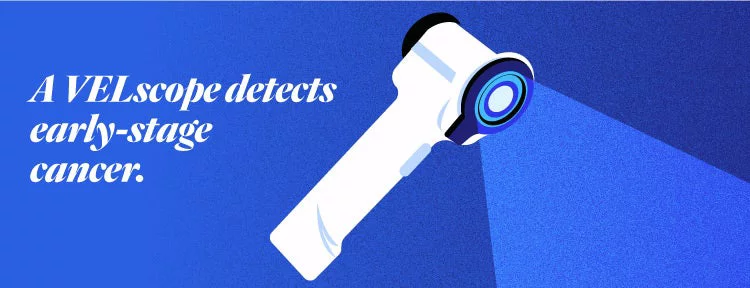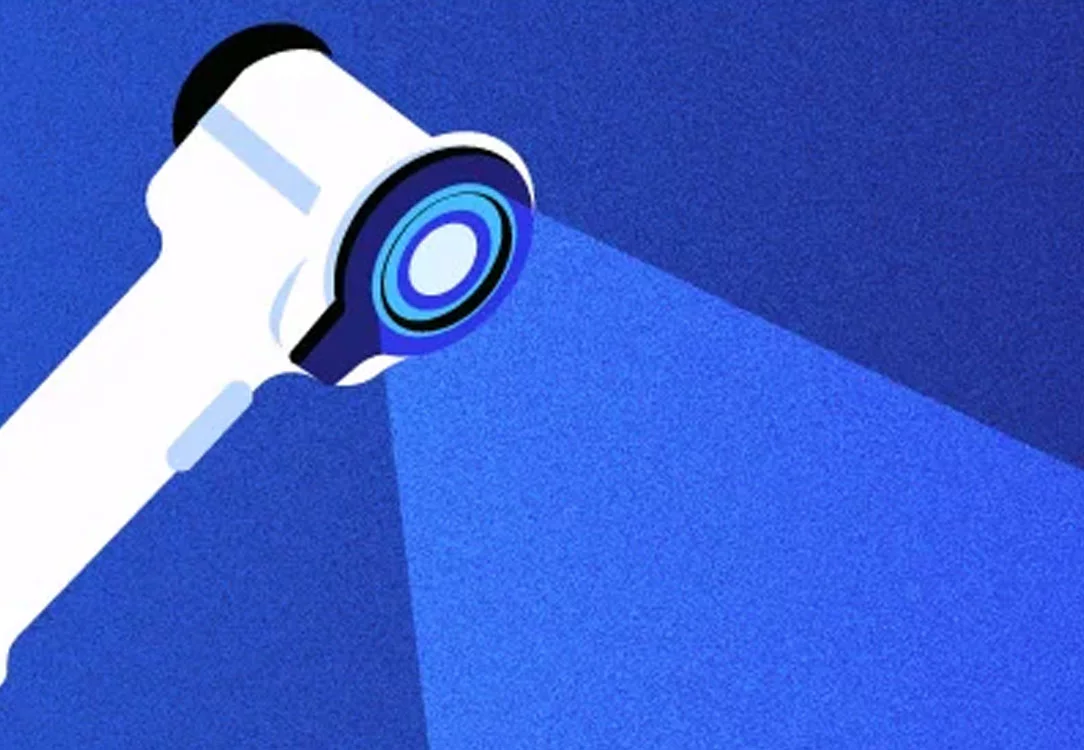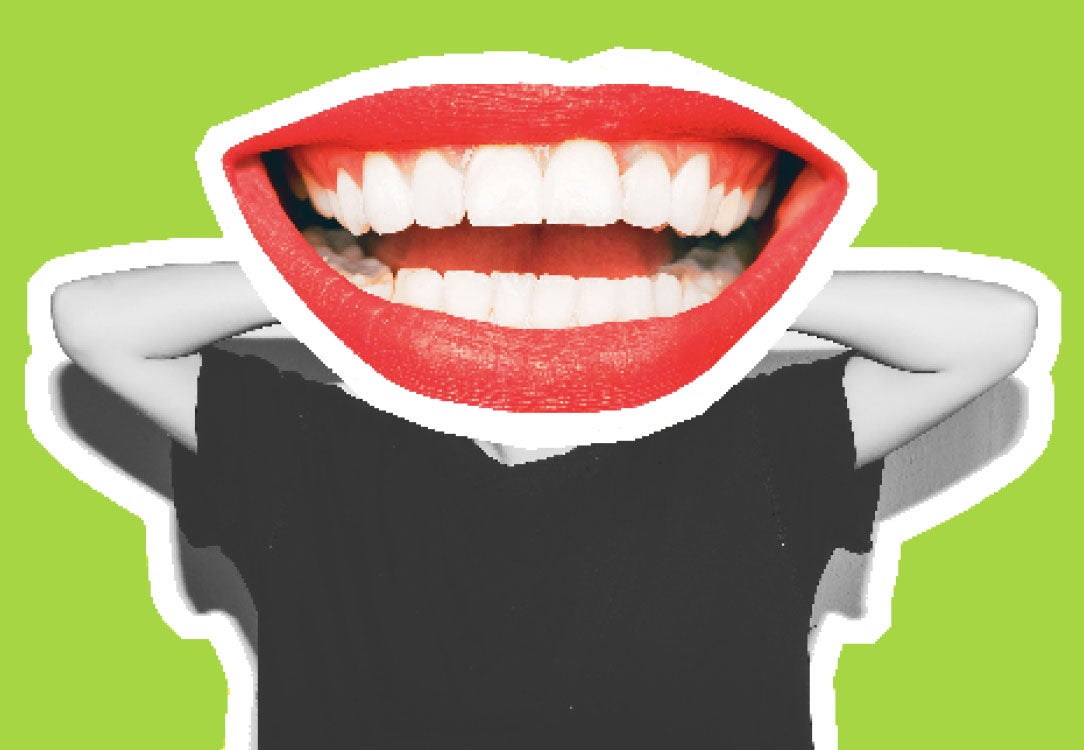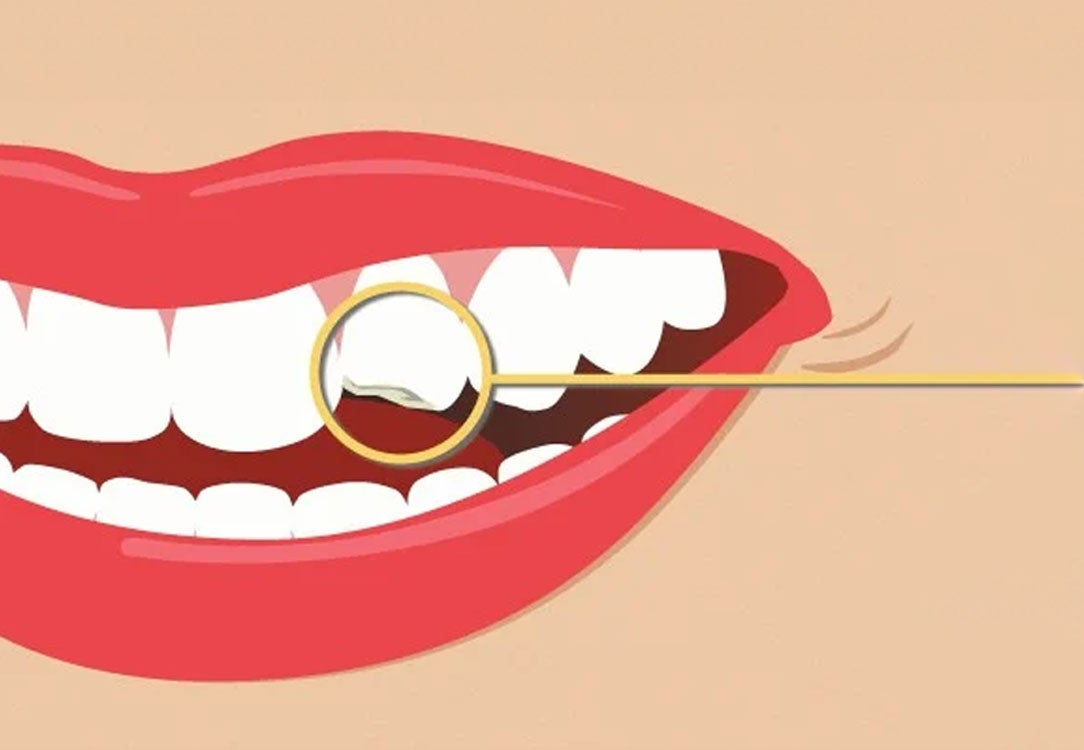What Does Modern Dentistry Mean?
What Are the Latest Technologies in Dentistry?
CEREC
Chairside Economical Restoration of Esthetic Ceramics, more commonly referred to as CEREC, is a technology in which dentists create and place porcelain restorations faster than ever. Dental crowns were a two-week process to create and install. Using the CEREC crown method, porcelain crowns can be completed in only one appointment.
CBCT
Cone-beam computed tomography, also known as CBCT, is a variation of a computed tomography system. Dentists rotate these systems around the patient. A CBT scan captures data through a cone-shaped X-ray beam. Dental professionals use this data to reconstruct three-dimensional images. The images they recreate cover several sections of a patient’s anatomy. Specifically included are:
- Teeth
- Mouth
- Jaw
- Neck
- Ears
- Nose
- Throat

VELscope
Dentists shine a VELscope into a patient’s mouth to detect any medical abnormalities. It effectively detects early-stage cancer or premalignant dysplasia during an oral exam. Oral cancer can develop in the mouth, gums, tongue, cheeks, lips, hard palate, throat, and tonsils.
A traditional oral exam uses reflected light only. VELscope “allows the direct visualization of tissue fluorescence which complements and expands upon the view obtained by reflected light.”
DIAGNOdent
Ozone Therapy
Invisalign
Invisalign straightens teeth using clear, plastic braces. The braces are practically invisible and use gentle pressure on teeth to improve your smile. They also remove easily for cleaning and, unlike braces, don’t inhibit eating certain foods.

Isolate
What is the Future in Dentistry?
Find a Dentist Near Me
Consult your dentist to discuss any questions about modern technology in dentistry. Or, check out The Smile Generation Find a Dentist tool to find a dentist near you for all your mouth health needs. You can read patient reviews, peruse staff bios, and schedule an appointment online with a click of your mouse.
Find your trusted, local dentist today!
Sources
11 Modern Dental Technologies that Make Your Visit Comfortable, Brad Dixon, DMD, smilesbydixon.com/11-modern-dental-technologies-that-make-your-visit-comfortable
Top 10 New Technologies in Dentistry, 123Dentist, 123dentist.com/top-10-new-technologies-in-dentistry/
Dental Cone-beam Computed Tomography, U.S. Food and Drug Administration, https://www.fda.gov/radiation-emitting-products/medical-x-ray-imaging/dental-cone-beam-computed-tomography
9 Technologies That Will Shape the Future of Dentistry, The Medical Futurist, April 12, 2022, medicalfuturist.com/the-amazing-future-of-dentistry-and-oral-health/
Digital chairside dentistry with CEREC, Dentsply Sirona, https://www.dentsplysirona.com/en-us/discover/discover-by-category/cad-cam/cerec.html
About Velscope, Velscope, https://velscope.com/about/
Smile Generation blog articles are reviewed by a licensed dental professional before publishing. However, we present this information for educational purposes only with the intent to promote readers’ understanding of oral health and oral healthcare treatment options and technology. We do not intend for our blog content to substitute for professional dental care and clinical advice, diagnosis, or treatment planning provided by a licensed dental professional. Smile Generation always recommends seeking the advice of a dentist, physician, or other licensed healthcare professional for a dental or medical condition or treatment.








